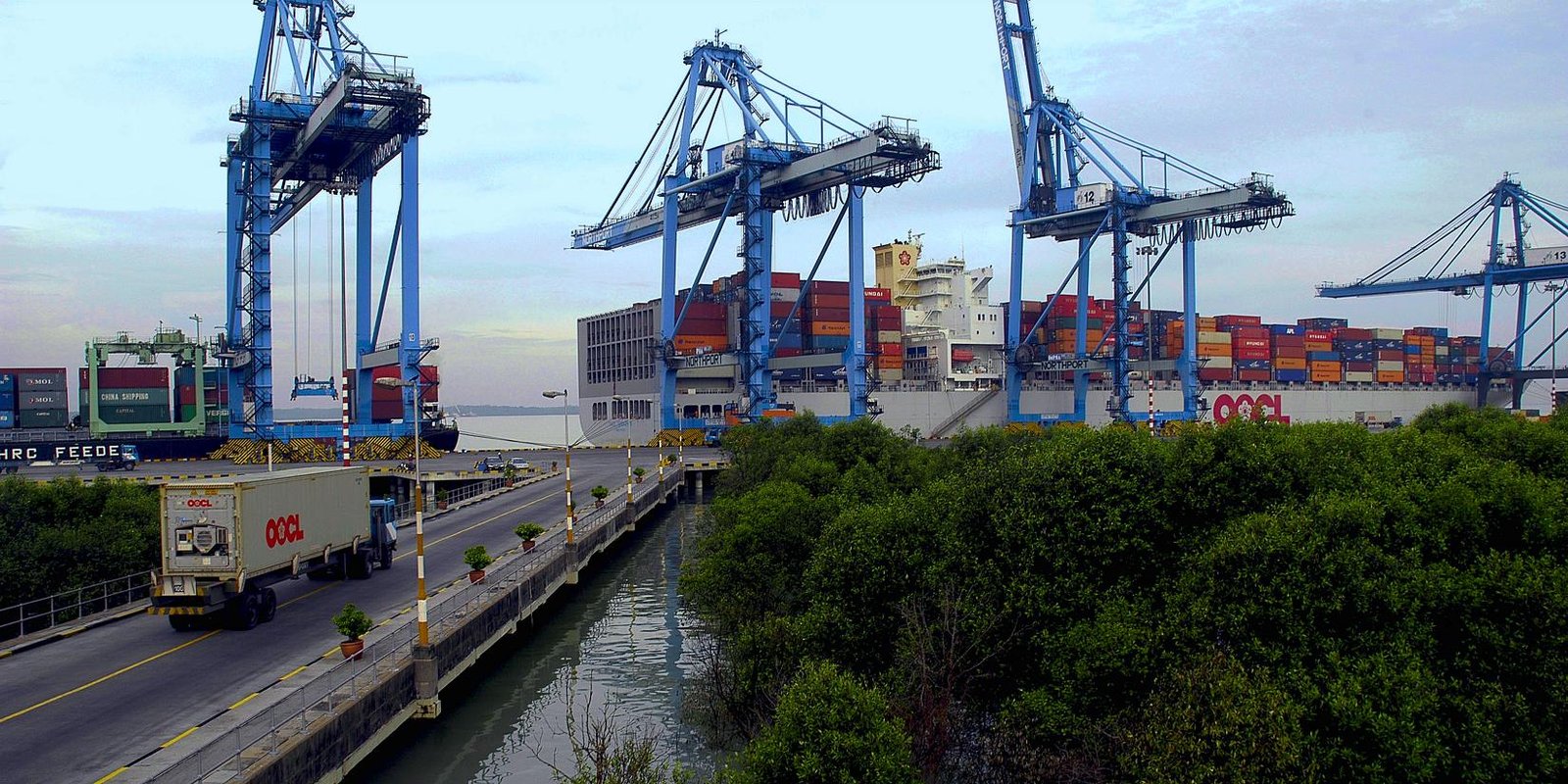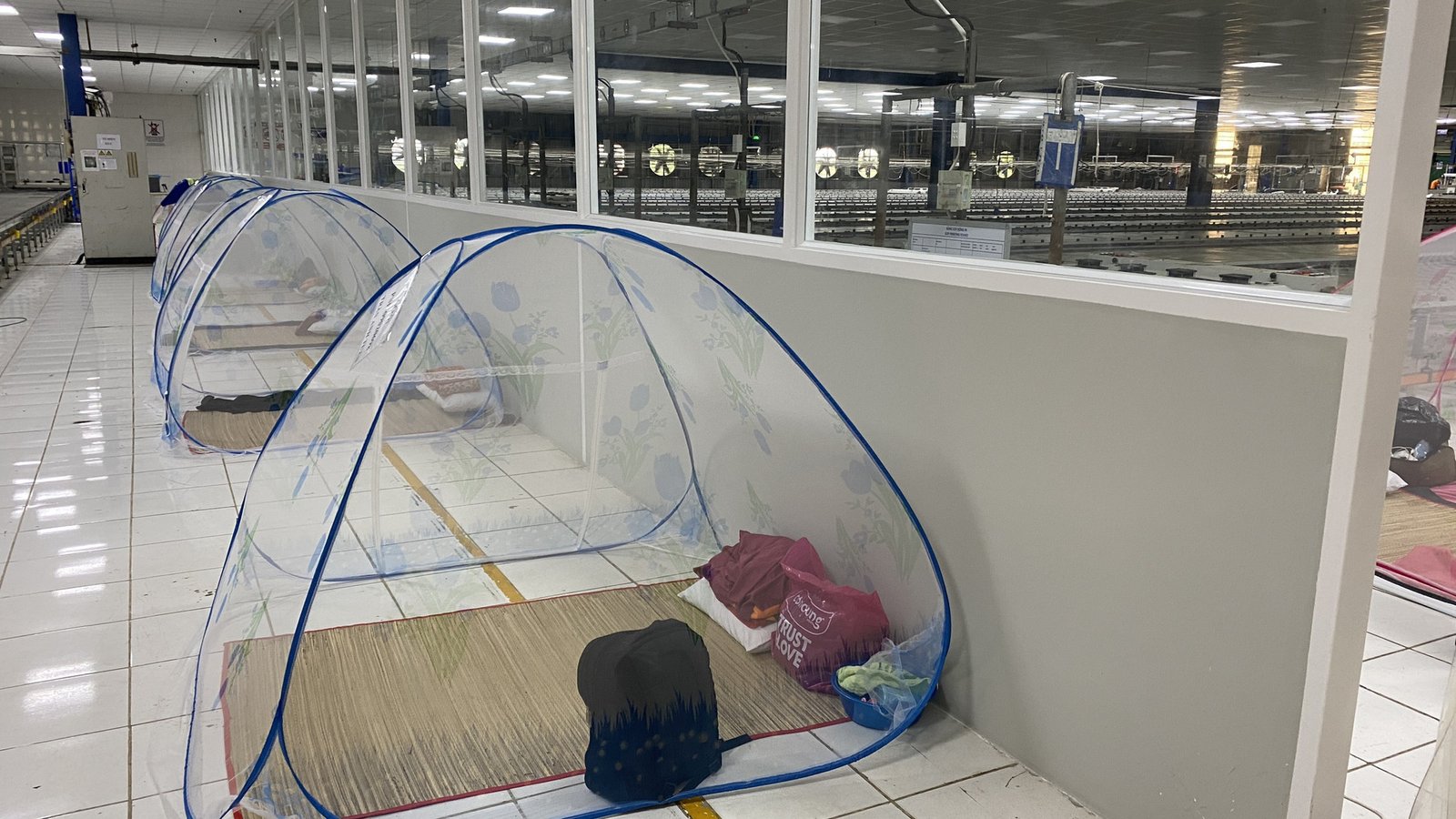In Malaysia, the nationwide lockdown has disrupted supply chains of many sectors including autos, semiconductors and medical devices.
According to a report by Everstream Analytics – supply chain risk analysis company on supply chain visibility said that manufacturing activities were affected the most in Selangor and Kuala Lumpur – the industrial corridor leading into Port Klang – with factories forced to reduce or shut operations to comply with new measures.

For example, the report said, the Ministry of International Trade and Industry has set limits on the capacity of the workforce, out of 18 categories of industries 13 are allowed to operate with 60% of the workforce and 5 industries can only operate at 10%. This is expected to present significant challenges for semiconductor manufacturing, as the global semiconductor supply is in short supply. According to the Malaysian Semiconductor Industry Association, the impact of Covid-19 has the potential to reduce output from 85% to 60%.
Everstream added: “Regional and global supply chains that rely on manufacturers and suppliers located in Selangor and Kuala Lumpur are expected to face significant impacts on supply capacity and delivery time as Malaysia is struggling to control the epidemic and the backlog of orders may continue to drag on in the coming months.”
The same situation is happening in Thailand. According to Thailand’s National Shippers Council (TNSC), exports are on track to grow by 10% this year, but the group fears production will be disrupted over the summer if vaccine distribution is not completed rapid deployment.
TNSC Chairman Chaichan Chareonsuk said, “Although the domestic epidemic is still serious, causing some factories to suspend production and delay shipping to countries, we expect total exports will not be affected in the short term. However, container shortages and high freight costs still pose risks for exporters.”
Meanwhile, in Vietnam, new regulations for manufacturing plants are posing challenges to supply chains in and around Ho Chi Minh City.
Specifically, on 14th of July, businesses in Ho Chi Minh City were notified that they would be forced to close their factories. Businesses are only allowed to operate if they guarantee they can provide accommodation and food for their employees at the company. As a result, a Taiwanese footwear manufacturing company with 56,000 employees was suspended for 10 days for failing to meet requirements.

Separately, in adjacent Dong Nai province, a South Korean shoemaker, a Nike supplier, has shut three factories due to a Covid outbreak.
Julien Brun, managing partner at applied supply chain consulting firm CEL, says most plants are operating below 5% to 70% capacity standards, depending on the system and location. Export demand from the West and Asia Pacific shows signs of increasing and there are many business opportunities but the main concern remains on the supply side – how to maintain as much capacity as possible to absorb the resurgence of export demand.
Hong Dao
Readmore: Ho Chi Minh City: The reserves at supermarkets increase by 5-7 times













